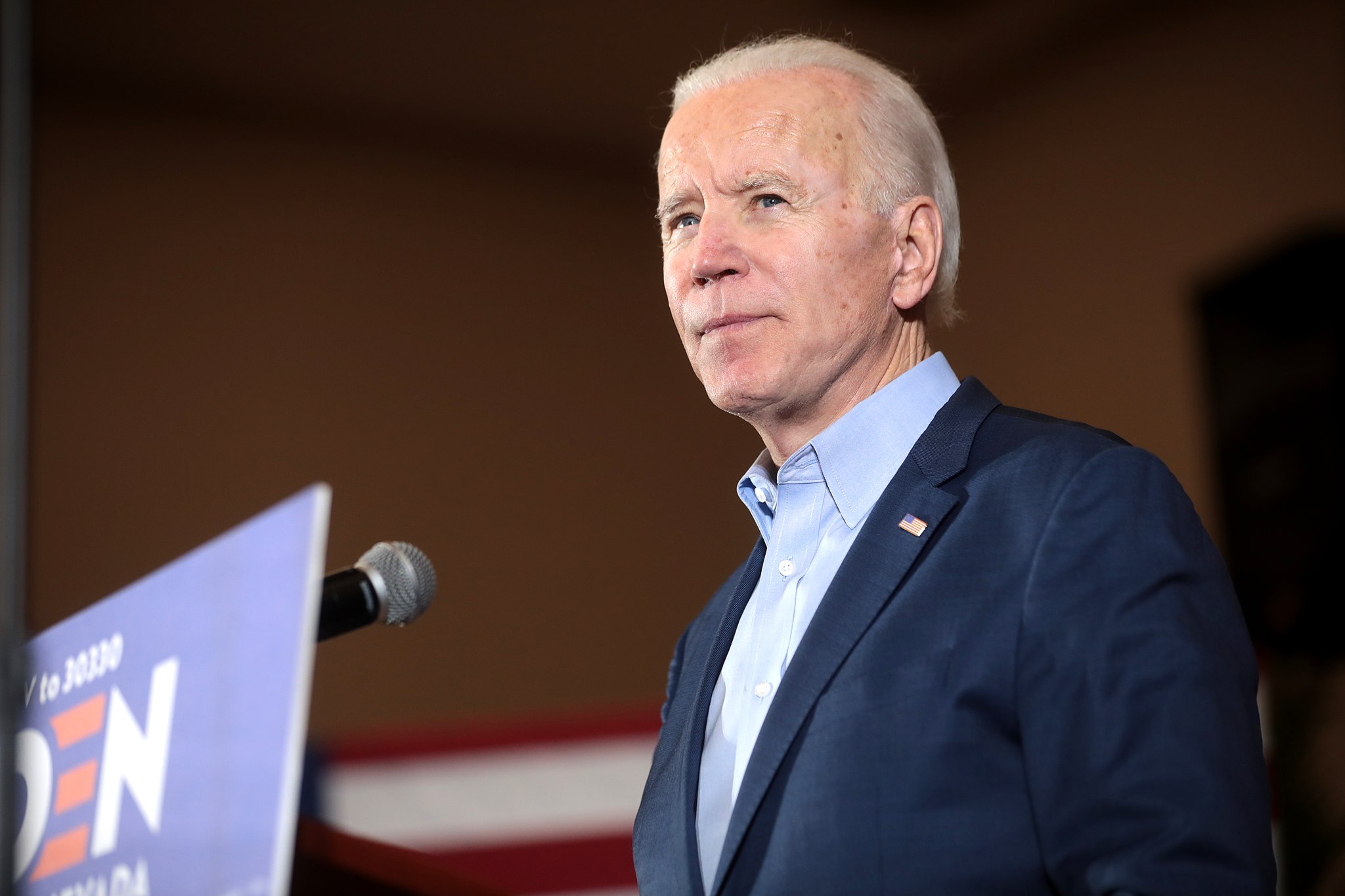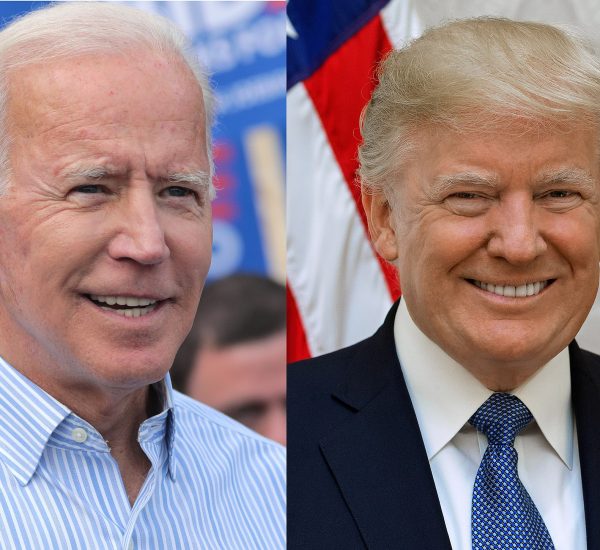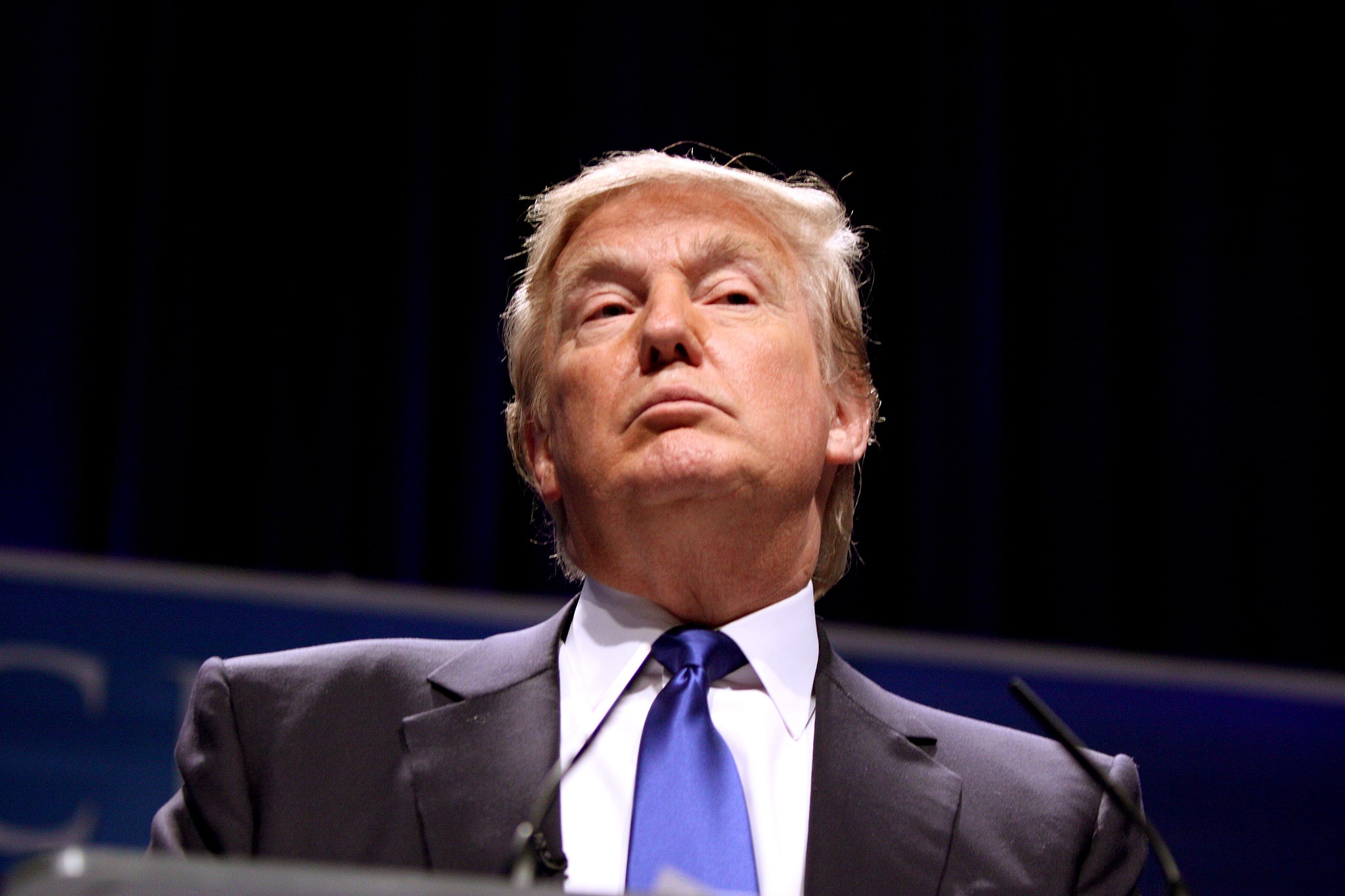Can Noncitizens Vote in U.S. Elections?
In the U.S., federal rules strictly forbid noncitizens from voting in federal elections, which includes choosing the President, Vice President, and Congressional representatives.
The 1996 law is clear about the harsh penalties for noncitizens who vote illegally, including fines, imprisonment, or both, and possibly deportation.
When registering to vote, individuals must confirm their U.S. citizenship, risking perjury charges otherwise. Many states also verify voter registrations against federal and state databases to ensure rules are followed.
Despite some claims of widespread illegal voting by noncitizens, studies show this is very rare. Political science professor Ron Hayduk from San Francisco State University, an expert in noncitizen voting laws, notes that such cases are exceptionally infrequent.
A 2017 Brennan Center for Justice study of 42 jurisdictions in the 2016 election found only around 30 suspected cases of noncitizen voting out of 23.5 million, which were then investigated further.
Even thorough audits, like a recent one in Georgia reviewing 25 years of voter registrations, found less than 2,000 noncitizen registration attempts among millions, none of which were successful.
While noncitizens can’t vote in federal elections as per federal law, states and local governments can decide on their voting rights in local elections. Some places in the U.S., including 11 towns in Maryland and two in Vermont, allow noncitizens to vote in local elections. New York City tried to give voting rights to legally documented noncitizens and “Dreamers” in local elections, but a court ruling in June put a stop to this effort.





